According to git you can now sign your commits using your existing ssh key.
https://github.blog/2021-11-15-highlights-from-git-2-34/#tidbits
Following that: https://unix.stackexchange.com/questions/269188/use-my-ssh-key-to-sign-git-commits.
I've also been going through this documentation: https://git-scm.com/docs/git-config#Documentation/git-config.txt-gpgprogram, but it's very unclear how to use it.
I've set my gpg format to ssh and signining to true, so currently it is trying to sign it and fails. I believe I need to also set the user.signingKey but I can't figure out what the format is, i.e. git config --global user.signingKey <what-is-supposed-to-go-here>?
I sort of have a second question to that. If in 1 year from now I format my PC and lose my keys, I would have no way to verify that those commits still belong to me. Is there a good standard for saving that key somewhere other than just dumping it into some online drive somewhere (where I'm likely to lose it anyways)?
Edit: I've at least managed to get gpg working. Following: Git error - gpg failed to sign data, my gpg was breaking with:
gpg: signing failed: Inappropriate ioctl for device gpg: [stdin]: clear-sign failed: Inappropriate ioctl for device
Then adding export GPG_TTY=$(tty) to bash, from "gpg: signing failed: Inappropriate ioctl for device" on MacOS with Maven, ended up working for me so it at least signs it using gpg.
Edit: Thought I managed to get it working but no. Following https://docs.github.com/en/authentication/connecting-to-github-with-ssh/generating-a-new-ssh-key-and-adding-it-to-the-ssh-agent, I created a new ed25519 ssh key.
After that you need git config --global gpg.format "ssh", along with git config --global user.signingkey "<key>".
I used ssh-ed25519 ASD9s8df79AASDa8sd79as7d9a8s7d89ASDASD98a7sd98a7sdASA/sd user@domain.io as the key, from ~/.ssh/id_ed25519.pub.
But then I go to github and see:
Now I have no idea any more.


